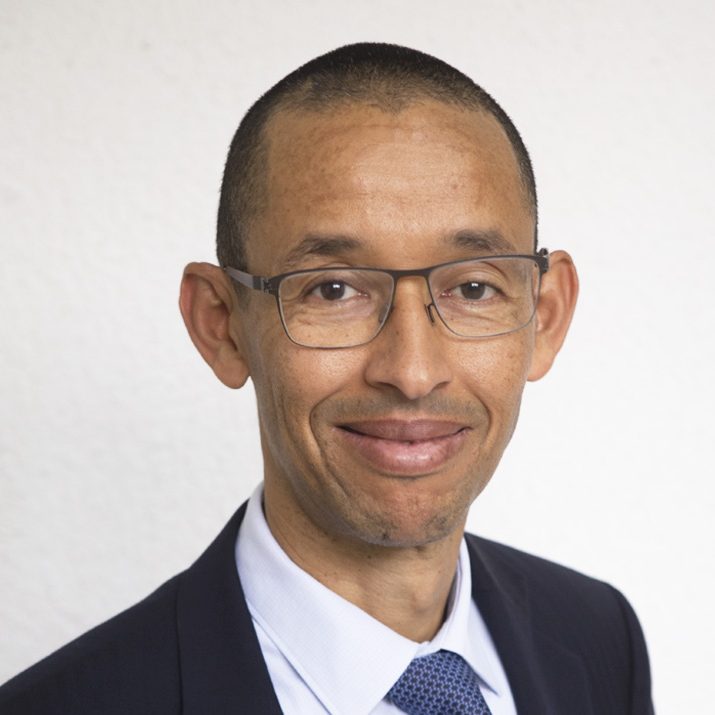How to accelerate the digitisation of territories?
Despite significant efforts, much remains to be done in terms of infrastructure deployment to provide broadband access to urban and rural populations. The pooling or sharing of infrastructures is growing more and more.
What is the pooling of telecommunications infrastructures?
With the opening up of markets, operators have given priority to investing in their own infrastructure to differentiate themselves and better attract customers. However, mutualisation is encouraged by the multiplication of investments (frequencies, optical fibre deployment, 3G, 4G LTE and then 5G ...) due in part to the advent of Internet networks (mobile and fixed) and the increased requirements for quality, coverage and occupation of public space.
It makes it possible to optimize deployment costs and cover larger and less dense areas on an equivalent budget. In addition, this sharing stimulates competition through the provision of services.
Different forms are possible, from the encouragement in the specifications of licences or even specific wholesale licences, the development of regulated wholesale offers the implementation of public projects with Public/Private Partnership arrangements..
Like other regions of the world, more and more countries on the African continent are developing a framework to encourage this sharing. Some go further, such as Rwanda, where the 4G network is shared by all operators. This offers very extensive coverage (96%) and Internet access costs among the lowest in the region. In Tunisia, the deployment of neutral fiber optic access (FTTH) to several hundred thousand homes is in progress.
What about quality aspects ?
As these are essential infrastructures, it is important to ensure that engineering and control monitoring meet international standards in order to ensure their sustainability.
What are the possible economic models?
A policy that encourages the deployment of shared infrastructure and the marketing of neutral wholesale offers open to all retail operators is supported by international public donors and is also well received by infrastructure funds. It also allows for a balance between profitable and unprofitable areas.
What about 5G and Smart Cities?
To provide its full potential, 5G will require a cell densification in urban areas and a fibre optic connection. For the Smart City, the multiplication of IOT sensors (camera, street furniture, meter, etc.) also leads to the sharing of infrastructures. Mutualization is therefore gradually establishing itself as a structuring approach to the foundation of Africa's digital and smart transformation.

Bernard
Contact Bernard Binagwaho

